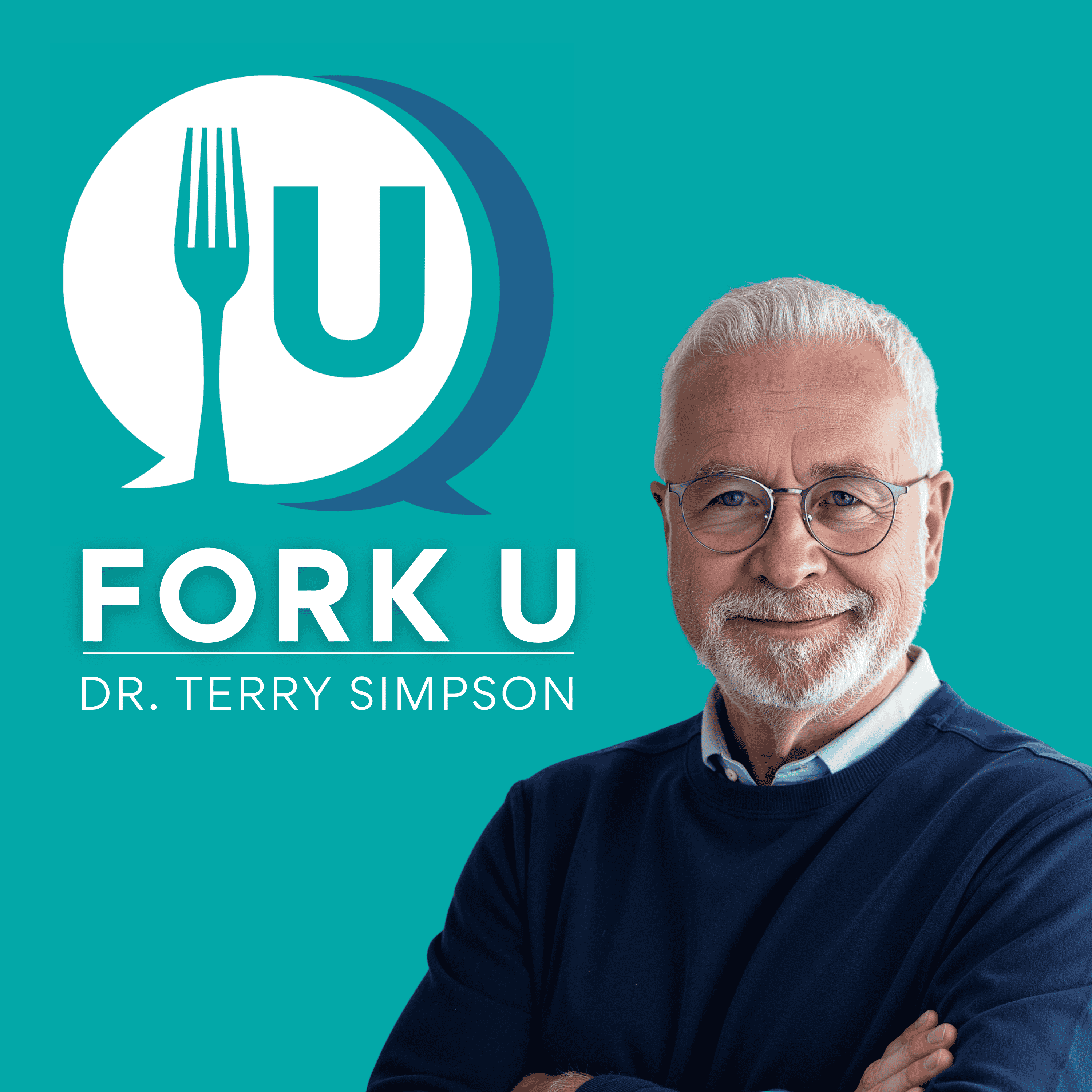Episode 29
Are Vegetables just BS?
Are Vegetables BS?
If you have ever seen Paul Saldino, his famous line is that Kale is BS. He even sells the shirt. But are they? Saldino isn't the only one who proposes this.
Dr. Gundry, a former heart surgeon, has his own take. Gundry claims modern health problems come from eating lectins. Lectins are compounds found in beans that are natural pesticides. Thus, Gundry claims lectins harm people. Copying destroys lectins.
Toxins in Vegetables
Plants make compounds to protect them against predators - other plants, pests, and the like. But do they harm humans?
It turns out that some plant defense compounds are beneficial to humans. Take coffee. Yes, coffee - the caffeine is a defense mechanism. Some people will tell you that coffee is bad for you - but they don't get up in the early morning or have kids.
List of the "Toxins"
- Gluten
- People who don't have celiac disease or gluten sensitivity do not need gluten-free diets (ref).
- Oxalates
- Potassium-rich vegetables such as Brussels sprouts, broccoli, and kale reduce calcium loss and prevent kidney stones from forming. These vegetables are rich in antioxidants that decrease the risk of bladder, prostate, and kidney cancer. Check with your local dietician for a diet based on the type of kidney stone you have. (ref)
- Caffeine
- If you don't drink coffee, you will lose all joy in life. (reference is me)
- Polyphenols
- Plant polyphenols have antioxidant, anti-inflammatory, anti-allergic, anti-atherogenic, anti-thrombotic, and anti-mutagenic effects - they are healthy for you (ref)
- Phytates
- Consuming a phytate-rich diet, such as a colorful, plant-based diet, the benefits exceed the impacts on mineral absorption. In addition, phytates are anti-oxidants. (ref)
- Saponins
- These compounds are among the most well-studied compounds to decrease risk and help treat cardiovascular diseases. (ref)
- Isothiocyanates
- Brassica vegetables contain many valuable metabolites that are effective in chemoprevention of cancer (ref)
- salicylates
- These anti-inflammatory compounds are the basis of aspirin
- Phytosterols
- phytoestrogen-containing foods, such as legumes, grains, seeds, nuts, fruits, and vegetables, are rich sources of vitamins, minerals, fiber, and other health-promoting phytochemicals.
- Lectins
- Cooking destroys lectins. Lectin-rich foods, legumes, and whole grains show reduced inflammatory biomarkers in both animals and humans (ref).
What the literature says
What do human trials say about vegetables? They improve health, reduce the risk of heart disease, and reduce the risk of cancer.
Do some of them contain anti-nutrients? Well, some do bind them, but health benefits outweigh any potential harm.
Who to believe?
You can believe a shirtless salesman of supplements and scams. Someone who was trained as a psychiatrist, who goes into a grocery store shirtless and yells at kale - or you can believe science.
Fiber as an essential nutrient
Fiber
The most abundant solid ingredient in breast milk is a fiber. That fiber is human milk oligosaccharides. These oligosaccharides are a prebiotic that is carbohydrate based. They meet the definition of fiber. This fiber is important to infants, especially neonates.
When people say fiber is non-essential, they are incorrect. Why? Because the definition of an essential nutrient is:
“A nutrient required for normal body function that either cannot be made by the body or cannot be made in amounts adequate for good health and therefore must be provided by the diet”
Fiber is also important in adults.
Every study looking at increasing fiber has shown an improvement in human health. But what does fiber help with?
It's more than a good poo
Fiber will bulk up your stool and make it easier to have bowel movements. This gives you less constipation, fewer hemorrhoids, and less risk of colon diverticular disease.
If your stool is too loose, you need more fiber. If your stool is too hard, you need more fiber and water.
But fiber has other important roles
It Binds Cholesterol
Your body makes cholesterol, and that cholesterol goes through your gut. When you have increased fiber in your gut, some cholesterol gets bound to it. Thus, increasing fiber means less blood cholesterol.
It stabilizes blood sugar
Fiber decreases spikes in blood sugar. Want an example? Take an apple and a doughnut. A doughnut has less sugar than an apple, but a doughnut will spike your blood sugar more than an apple. Why? Part of the reason is the increased fiber in the apple (and fat, a doughnut has 15 grams of fat) – an apple has 3 grams of fiber, a doughnut has 0.9 grams.
It decreases inflammation
Fiber binds to bile acids (ref). When you eat meat and increase meat in your diet, you increase fat. To digest fat, your body increases the production of bile acids, which are released into the gut. Your gut reabsorbs 95%, but about 5% makes it to the colon, where other bacteria encounter them, and then bad things happen.
Bacteria break down these bile acids into pro-inflammatory and pro-carcinogenic compounds. This is in contrast to a plant-based diet with high fiber. Fiber binds to the bile acids allowing them to pass without causing harm to the colon.
When a person consumes fiber, the fiber is used as food by some bacteria. These bacteria metabolize the fiber and excrete short-chain fatty acids.
The Gut Microbiome
Inside your bowels, there are many microorganisms, from bacteria to yeast. What determines which bacteria thrive? There are bad bacteria and bad yeast, and to encourage the growth of the good bacteria, you have to feed them. How do you feed them?
The favorite food of the good bacteria? Fiber.
Bacteria "eat" fiber and produce short-chain fatty acids, which are great because:
They decrease inflammation, improve blood sugar control, and blood lipids.


